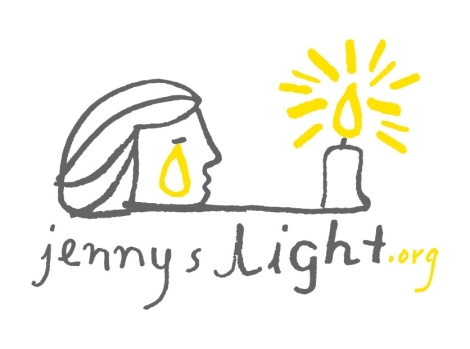 I’ve been teaching high school English for 5 years, and in those 5 years, I’ve been fortunate enough to build relationships with many of my students. Many of these students often come back to me after they are no longer in my class to ask for help with assignments or to talk. It’s sometimes tough for some of them to talk to parents or other adults, so when they feel comfortable talking to me, I want them to know that I’m here and available should they need me. Occasionally, building this trust requires that I open up a little bit with them, and while I teach from my heart, freely sharing my life with my students, there are parts that I keep close to the chest.
I’ve been teaching high school English for 5 years, and in those 5 years, I’ve been fortunate enough to build relationships with many of my students. Many of these students often come back to me after they are no longer in my class to ask for help with assignments or to talk. It’s sometimes tough for some of them to talk to parents or other adults, so when they feel comfortable talking to me, I want them to know that I’m here and available should they need me. Occasionally, building this trust requires that I open up a little bit with them, and while I teach from my heart, freely sharing my life with my students, there are parts that I keep close to the chest.
Last week a student came to me during his lunch period, which also happens to be my lunch period, and asked if he could use my classroom computer to print off some things for one of his classes. This student went through a particularly rough patch of bad decisions last year, and I helped guide him as best I could during that time and in the time after. He knows I’m a safe adult. I won’t judge. I may criticize, but I’ll listen first.
I gave him my permission and he sat down at the computer on the other side of my desk. I was editing a post and having trouble finding the right words, grumbling and complaining and muttering under my breath because I just could not figure out why the coding was messing up. (After switching to WordPress, I now blame Blogger  )
)
He asked what had me so irritated and I told him about the post I was writing and the coding issues and he goes “Mrs. W. You have a website??” And without thinking, I said “Yes, I write a blog.”
And immediately I panicked and thought about that teacher who recently lost her job for blogging about her job. And Dooce. And and and. Panic!
“C, please, please don’t tell anyone!”
“I won’t Mrs. W. What’s it about?”
And then I realized that I had two choices. I could make something up, or I could be honest with him. In light of our relationship, I chose the latter.
“Well, C, it’s about being a mom, mostly. But it’s also about my battle with postpartum depression.”
“Postpartum depression? You’re depressed? Really? Why’d you get that?”
I’ve taught my students that “why” is the most important question we can ever ask when reading a piece of literature. Or when questioning anything.
And yet, there I sat, unable to answer.
I mean, why me, indeed? Why anyone?
Thanks to modern medicine and some superior coping skills, I’ve been able to mask my battles, I guess. And he was in my classroom when I was in the thick of things. Or maybe it’s that I’m less affected and most myself when I’m in the classroom. I feel comfortable in my classroom. I know what I’m doing in my classroom. My classroom is ME.
Motherhood is the great unknown. It feels like constant turmoil and chaos and uncertainty and discomfort.
Or, at least it did.
I tried to explain to him as best I could that what I’d gone through was normal but was not the norm. That millions of women have gone and are going through what I’ve gone through and have (and will) come out okay.
And that, as will most mental illnesses, you may never know who is suffering. And, as with most mental illnesses, we just don’t talk about them openly, even though we should.
I was happy to end the conversation with him by saying that I thought my war was coming to an end. That I have more good days than bad, and that I know that I’m stronger for having gone through this. That he didn’t need to worry about me.
That maybe that’s why this happened to me. To make me stronger. To make me better somehow. More compassionate toward others.
I don’t know. And for now? I’m learning to be okay with not knowing. I’m learning to accept this as something that has become a part of my life, for better AND for worse, and to use it for good. Maybe DOING is the answer.

